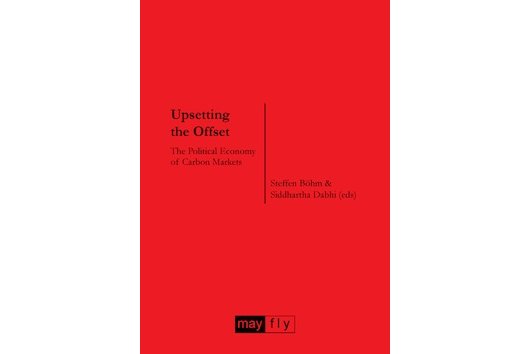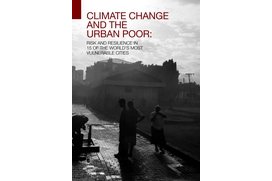There is a lot of news about nuclearism these days. But to cut through the verbiage of treaties and agreements and summits, and move people from fear to action, we need to focus on three concepts. The United States is the biggest problem when it comes to nuclear weapons. We need a new treaty to (…)


